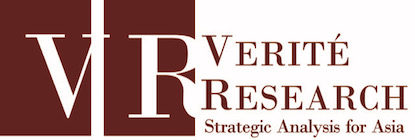Media ownership matters
Mass media influence the way facts are viewed and debated in the society. Independence and pluralism in media, public opinion and views – including criticism of people in power – are the safeguards of a healthy democracy. Monitoring and ensuring ownership pluralism is the first step toward independence and freedom of choice.
How can people evaluate the reliability of information if they don't know who provides it? How can journalists work properly if they don't know who controls the company they work for? And how can media authorities address excessive media concentration if they don't know who is behind the media's steering wheel?
Ownership structure may also affect the way the media industry manages its resources. It shapes the economic strength and efficiency of the media sector, which is of particular interest to potential investors.
By mapping out these questions, the Media Ownership Monitor found that in Sri Lanka, audience shares in each sector of print, radio, television and online are concentrated among a few owners. Media outlets are also not free from political affiliations in their ownership structures. In general, there is limited transparency of media ownership structures and access to data.
Find out more about 'who owns the media?' in our database.
The information on this website is subject to regular review. In light of any relevant development in Sri Lanka, information displayed on the website is subject to change, accordingly.









